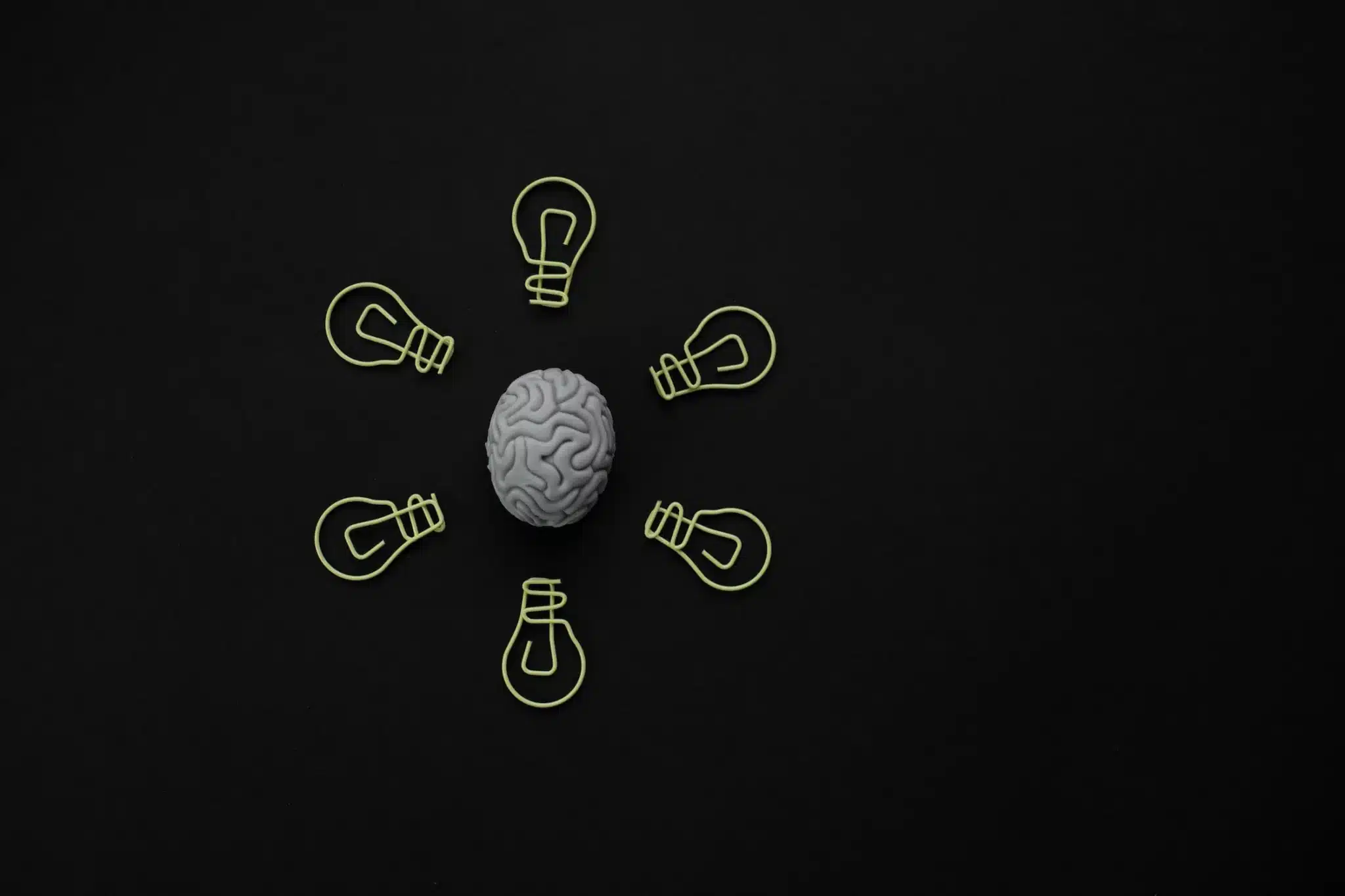RECENTLY, the family of retired American actor Bruce Willis made headlines after it announced that the latter was diagnosed with dementia, particularly frontotemporal dementia (FTD).
According to the family, the actor’s condition has worsened following his aphasia diagnosis last year.
Frontotemporal dementia is a rare type of dementia that usually attacks people under 60. According to the Association for Frontotemporal Degeneration, which released the family’s statement, Willis’s condition currently has no treatment.
Globally, approximately 55.2 million people are living with dementia, according to the Global Dementia Observatory of the World Health Organization. It also ranked ninth in the top leading causes of death globally.
But according to experts, dementia can be treated if detected during its early stage.
According to the National Institute on Aging, it is critical to promptly diagnose symptoms, as some conditions can be effectively treated if diagnosed early.
However, in many situations, NIA said the origin of dementia is unknown, so the condition cannot be treated efficiently. Yet, getting an early diagnosis can be beneficial for the management of the situation and the preparation for future steps.
What are the signs?
A report from Mayo Clinic stated that although memory loss is frequently one of the earliest indicators of dementia, memory loss alone does not necessarily suggest that a person has dementia.
While Alzheimer’s disease is the most prevalent cause of progressive dementia in those over 65, several other conditions can also lead to dementia. Some of the symptoms of dementia may be reversed, depending on the underlying cause.
Dementia symptoms may include the following:
Cognitive changes
- Memory loss, which is usually noticed by someone else
- Difficulty communicating or finding words
- Problems with visual and spatial abilities, such as getting lost while driving
- Difficulty reasoning or problem-solving
- Difficulty handling complex tasks
- Difficulty with planning and organizing
- Difficulty with coordination and motor functions
- Confusion and disorientation
Psychological changes
- Personality changes
- Depression
- Anxiety
- Inappropriate behavior
- Paranoia
- Agitation
- Hallucinations
How is dementia diagnosed?
NIA said that the first step medical professionals take when attempting to diagnose dementia is determining whether a patient has an underlying illness that is potentially curable and related to cognitive impairments.
After that, an in-person examination, in which the patient’s blood pressure and other vital signs are measured.
Then diagnostic procedures of the patient’s blood and other fluids follow, in which the concentrations of several chemicals, hormones, and vitamins are analyzed.
It said that these early tests help determine whether or not a symptom has an underlying medical cause.
Treatment, but not really
Although dementia still has no treatment up to this day, it noted that certain anti-dementia medications and disease-modifying therapies that have been developed to date have limited efficacy and are mostly labeled for Alzheimer’s disease.
Dementia in the Philippines
A separate study from PubMed Central found out that about 16 of every 1,000 Filipinos yearly are diagnosed with dementia. With this incidence, it noted that it is projected that the number of dementia in the Philippines will increase to 220,632 new cases in 2030, 295,066 in 2040, and 378,461 in 2050.
It added that a Filipino patient with dementia has to spend P196,000 a year to afford treatment and medications for the condition.
The future of dementia
WHO estimates the total number of people living with dementia in 2030 to increase from 55 million to 78 million and may reach 139 million in 2050.
How useful was this post?
Click on a star to rate it!
Average rating 0 / 5. Vote count: 0
No votes so far! Be the first to rate this post.
We are sorry that this post was not useful for you!
Let us improve this post!
Tell us how we can improve this post?









